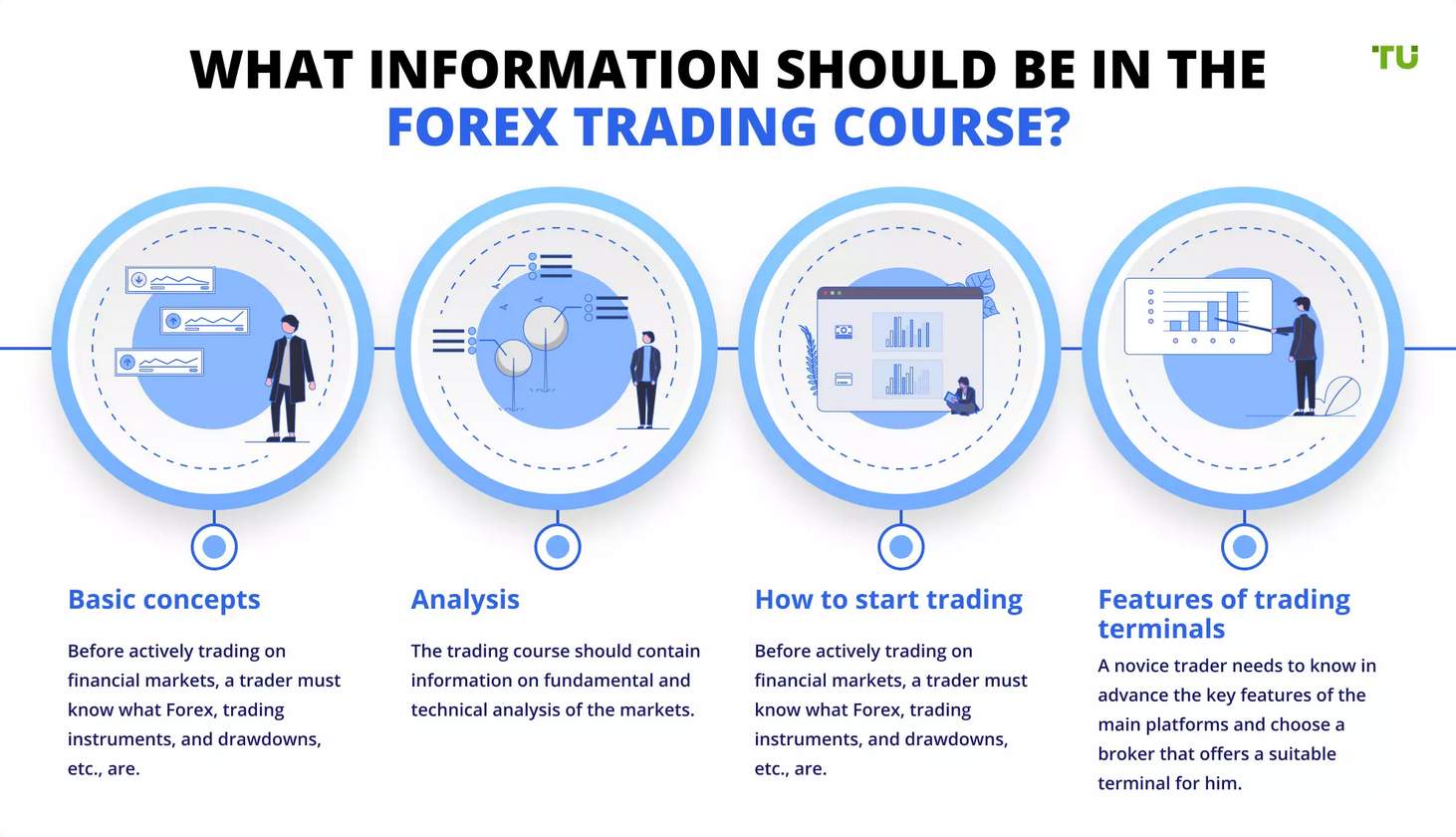Leading Forex Trading Course Recommendations for Investors at Any Type Of Level
Leading Forex Trading Course Recommendations for Investors at Any Type Of Level
Blog Article
Comprehending the Fundamentals of Currency Exchange in Today's Global Market
In an increasingly interconnected worldwide economic climate, realizing the principles of money exchange is vital for stakeholders throughout different fields. As central banks exert influence and technical advancements reshape money trading, the effects for international business are far-reaching.
The Basics of Currency Exchange
Currency exchange is an essential facet of the global economy, promoting international trade and financial investment. It entails the conversion of one money into one more and is vital for services, federal governments, and individuals who take part in cross-border purchases. The currency exchange procedure occurs in the forex market (Forex), which is the largest and most fluid economic market in the globe, operating 24-hour a day, 5 days a week.
At its core, money exchange is driven by supply and need characteristics. Money are traded in sets, such as EUR/USD or GBP/JPY, and the currency exchange rate in between them indicates just how much one money deserves in terms of one more. This price varies constantly because of trade flows, capital movements, and various other market activities.
Participants in the Foreign exchange market range from large financial organizations and international firms to specific investors and vacationers. Each participant may have various objectives, such as hedging versus exchange rate threat, guessing on currency motions, or assisting in international acquisitions. Recognizing the essentials of currency exchange is vital for making educated choices in the international market, as currency exchange rate can significantly impact the cost of items and services, financial investment returns, and financial stability.
Factors Influencing Exchange Rates
Exchange prices are shaped by a complicated interaction of various financial elements, reflecting the relative strength and stability of national economic situations. Key among these aspects is rate of interest differentials. Greater rate of interest supply loan providers better returns about other nations, attracting even more international funding and creating the money to value. Conversely, rising cost of living rates play an important role; currencies in countries with reduced rising cost of living prices often tend to value as purchasing power increases about higher-inflation economic situations.
Additionally, trade balances influence currency value. A nation with a significant profession surplus commonly sees its money value due to raised foreign demand for its items and services, while a profession deficit can compromise the money.
Political security and economic efficiency are essential as well; countries viewed as low-risk locations for investment have a tendency to see their currencies appreciate. forex trading course. Market speculation can likewise drive exchange price changes, as investors prepare for future motions find based upon current financial signs and geopolitical events. These elements collectively add to the dynamic nature of currency exchange rate in the worldwide market
The Function of Central Banks

Reserve banks additionally involve in forex treatments to correct excessive volatility or misalignments in exchange rates. These treatments might entail purchasing or selling foreign money to keep a preferred exchange price level. Furthermore, reserve banks hold substantial forex books, which can be deployed tactically to sustain their currency.

Innovation and Money Trading
While reserve banks form the overarching landscape of currency Visit Website exchange, technological improvements have transformed the mechanics of currency trading itself. The expansion of electronic platforms has democratized accessibility to forex markets, allowing private investors to take part alongside institutional capitalists. official site Online trading platforms, outfitted with real-time information and logical devices, promote educated decision-making and have actually added to increased market liquidity.
Mathematical trading, powered by advanced software, has actually revolutionized the speed and performance of money trading. Algorithms execute trades based on predefined requirements, minimizing human intervention and decreasing the time needed to utilize on market motions.
Cryptocurrencies, underpinned by blockchain, have presented a brand-new measurement to currency trading, triggering market participants to adjust to an evolving monetary environment. As technology proceeds to progress, its influence on money trading will likely grow, shaping future market characteristics - forex trading course.
Effect On Global Trade
In the interconnected landscape of international profession, currency exchange plays an essential function in forming economic partnerships between nations. A strong money can make a nation's exports a lot more pricey and much less appealing on the international stage, potentially minimizing market share.
Currency variations can likewise bring about economic uncertainties, complicating long-term preparation for international firms. Organizations often hedge versus these threats via monetary tools to support costs and revenues. Exchange prices affect international straight financial investment (FDI) choices, as capitalists seek beneficial problems to take full advantage of returns, impacting resources streams across boundaries.
Additionally, governments strive to preserve steady exchange rates to promote foreseeable trading conditions, occasionally interfering in forex markets to attain economic objectives. Reserve banks might adjust rates of interest or apply monetary plans to influence money stamina, thereby influencing trade characteristics.
Conclusion
A detailed grip of currency exchange fundamentals is necessary for browsing the intricacies of the international market. Exchange prices, formed by passion prices, rising cost of living, and financial development, are pivotal in determining currency appraisals.
Report this page